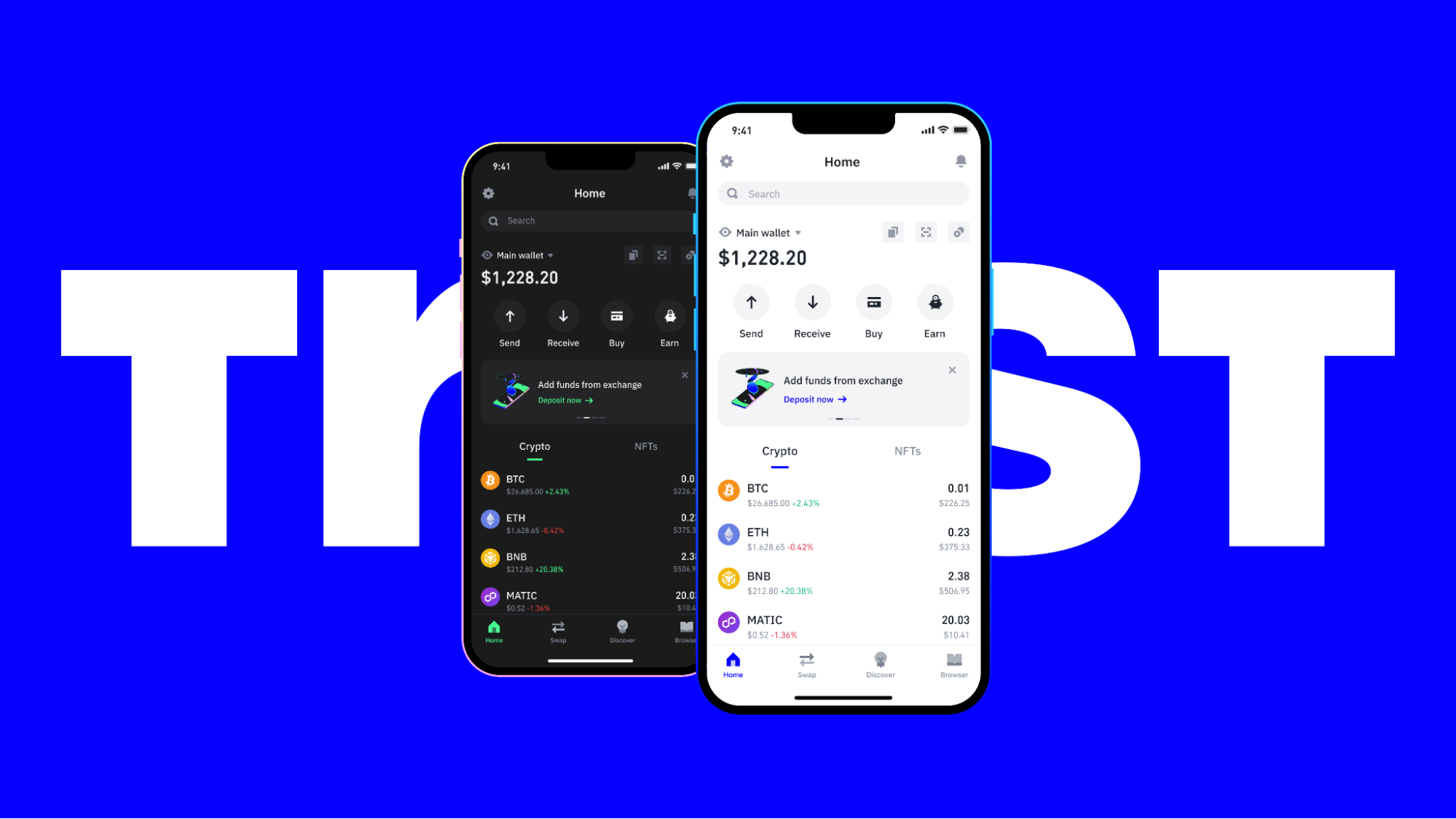In the rapidly evolving world of cryptocurrencies, one of the most essential tools for any crypto enthusiast is a crypto wallet. Whether you’re a seasoned investor or just entering the crypto space, understanding how trust wallet work, their types, and how to choose the best one for your needs is crucial for ensuring the security of your digital assets.
What is a Crypto Wallet?
A crypto wallet is a digital tool that allows you to store, manage, and transact cryptocurrencies. Unlike traditional wallets that hold physical money, a crypto wallet stores your private keys, which are required to access and transfer your digital currency on the blockchain. Essentially, a crypto wallet functions like a secure vault for your crypto assets, enabling you to send, receive, and monitor your holdings.
There are two main types of crypto wallets: hot wallets and cold wallets. Each type has its advantages and trade-offs in terms of convenience, security, and usability.
Types of Crypto Wallets
1. Hot Wallets
Hot wallets are connected to the internet, making them easy to access and use for daily transactions. These wallets are popular for users who frequently buy, sell, or trade cryptocurrencies. Since they are always online, hot wallets offer quick access to your digital assets, which is perfect for active traders or those who use their crypto assets for day-to-day purchases.
Examples of hot wallets include:
- Software wallets: Installed on your computer or mobile device (e.g., Exodus, Electrum, MetaMask).
- Web wallets: Accessible via a web browser (e.g., Blockchain Wallet, MyEtherWallet).
- Mobile wallets: Apps that can be downloaded on smartphones (e.g., Trust Wallet, Coinomi).
While convenient, hot wallets are more vulnerable to hacking and cyber threats due to their constant internet connection. Therefore, it’s essential to choose a reliable and well-reviewed wallet, always update software, and enable two-factor authentication (2FA) for enhanced security.
2. Cold Wallets
Cold wallets, on the other hand, are offline storage solutions, making them significantly more secure than hot wallets. These wallets are ideal for long-term storage of cryptocurrencies and for individuals who prioritize security over convenience. Since cold wallets are not connected to the internet, they are less susceptible to hacking, malware, or phishing attacks.
Examples of cold wallets include:
- Hardware wallets: Physical devices that store private keys offline (e.g., Ledger Nano S, Trezor).
- Paper wallets: A printed piece of paper with private keys and public addresses (often generated using offline tools).
Cold wallets are generally recommended for large crypto holdings or long-term investors who don’t need constant access to their assets. However, they require careful handling, as losing access to a cold wallet (such as misplacing the hardware device or paper) could result in the permanent loss of your funds
Choosing the Right Crypto Wallet
When deciding which crypto wallet to use, there are several factors to consider:
1. Security Security should be your top priority, especially if you’re holding significant amounts of cryptocurrency. Look for wallets that offer features like two-factor authentication (2FA), multi-signature support, and backup options. Hardware wallets are often considered the most secure for storing large amounts of crypto.
2. User-Friendliness Ease of use is important, particularly if you’re new to cryptocurrency. Some wallets are more beginner-friendly than others, with simple interfaces and clear instructions. Mobile and software wallets are generally easier to use than hardware or paper wallets, but they come with trade-offs in terms of security.
3. Supported Cryptocurrencies Not all wallets support every cryptocurrency. If you plan to use a variety of digital assets, ensure the wallet you’re considering supports your preferred coins or tokens. Some wallets support only specific types of cryptocurrencies (e.g., Bitcoin or Ethereum), while others support a wide range of digital assets.
4. Backup and Recovery Since crypto wallets store private keys that are crucial for accessing your funds, it’s essential to have a reliable backup and recovery option. Many wallets allow you to store your recovery phrase (a series of words) in case you need to restore your wallet on a new device.
5. Customer Support Good customer support can be a lifesaver if you encounter technical issues or lose access to your wallet. Make sure the wallet provider has a responsive support system and helpful resources, such as FAQs and tutorials.
